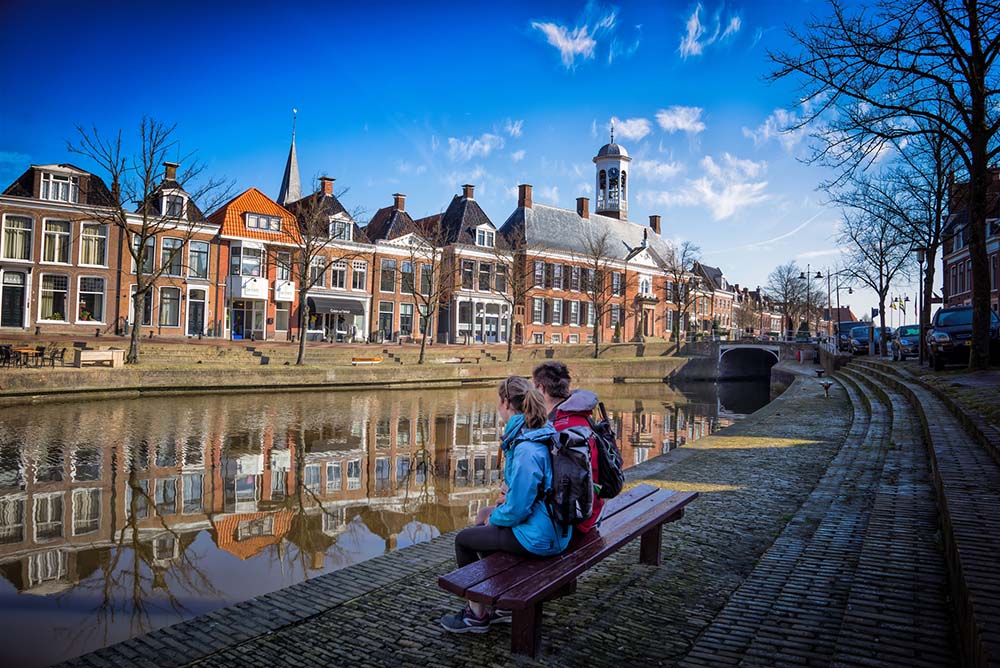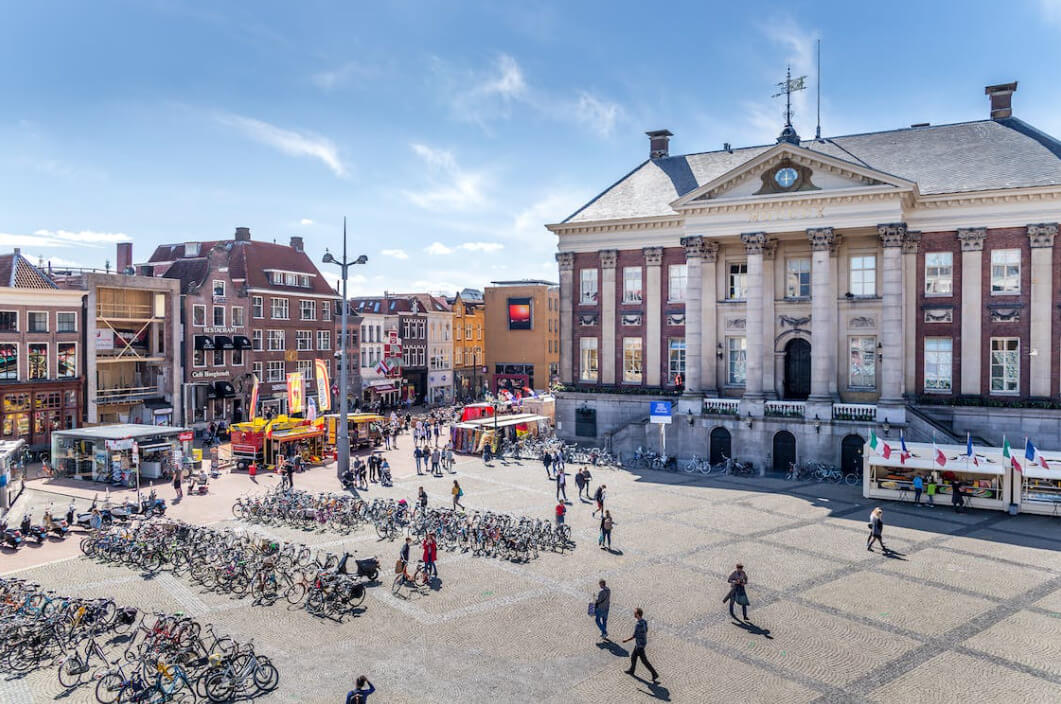PhD Cross-sectoral strategies for shaping infrastructure demand

Climate change, the energy transition, and resource scarcity put unprecedented pressure on infrastructures worldwide. In The Netherlands, roads, the electricity grid, and drinking water systems are under increasing strain. Traditional approaches focus on expanding supply, but is there another way? Could infrastructures themselves play a more active role in shaping demand?
SPINES supports infrastructure managers in developing cross-sectoral strategies to proactively shape infrastructure demand, as an alternative to the traditional and increasingly untenable 'predict-and-provide' paradigm. By combining insights from engineering, planning, innovation, and transition studies, we explore the dynamics between infrastructure management, policymaking, and end-user behaviour. The knowledge we generate helps infrastructure managers promote fairer and more efficient use and management of infrastructure capacity.
Exploring such cross-sectoral strategies for shaping infrastructures demand requires a genuinely transdisciplinary approach. This PhD position is embedded in the SPINES consortium, in which the University of Groningen collaborates with Radboud University, the University of Twente, and Utrecht University of Applied Sciences. SPINES was awarded funding through the NWO ‘Responsible Transformations’ call in collaboration with Next Generation Infrastructures.
Close cooperation and exchange with the other PhDs and with experts from the infrastructure administrations is essential. This includes opportunities to spend time at the offices of the infrastructure administrations to enable to foster mutual learning, knowledge exchange, and joint knowledge creation. During these stays, 100% of the time of the PhD is dedicated to the research program. As part of NGinfra, the PhD candidate will also have ample opportunity to collaborate with other stakeholders from academia, research institutes and infrastructure administrations.
Transitioning from a demand-driven towards a demand-shaping infrastructure paradigm requires close coordination across infrastructure sectors because infrastructures are increasingly interdependent. Yet, this interdependency is not always reflected in the institutional arrangements of infrastructure networks, which remain fragmented and hinder the coordination needed to address cross-sectoral implications of demand changes (e.g., modal shifts, the use of home batteries).
At the same time, infrastructure managers face the dual challenge of addressing short-term operational demands and anticipating long-term societal transformations, such as climate change, energy transition, and resource scarcity. This tension creates institutional complexity that infrastructure managers must navigate when developing cross-sectoral visions and transforming established practices. Current research provides limited guidance on how infrastructure managers can initiate and sustain such institutional and organisational change. This PhD research addresses these challenges by examining:
- The institutional complexity that hinders or enables cross-sectoral visions and coordination.
- The micro level mechanisms of institutional change in shaping infrastructure demand.
- And the ways in which infrastructure managers can transform and institutionalise organisational practices.
This research will build on knowledge of infrastructure planning and institutional analysis developed in Sustainable Networks, the strategic collaboration between the Faculty of Spatial Sciences and Rijkswaterstaat, as well as insights from previous NGinfra projects conducted within the department.
Central to the PhD project is understanding how infrastructure managers can navigate institutional complexity to foster institutional change that supports a demand-shaping paradigm. The PhD researcher will:
- Conducting institutional analyses on the organizational and practitioner level to identify the institutional complexity that infrastructure administrations face in shaping infrastructure demand.
- Employ a co-creative research design (e.g., action research, engaged scholarship, ethnographic study) that integrates a range of qualitative methods.
- Support infrastructure managers in addressing institutional barriers to initiating and sustaining changes in organizational practices.
Organisation
At the University of Groningen, Faculty of Spatial Sciences (FSS) has a strong position in geography, demography and spatial planning. FSS is also well-embedded in a wider range of disciplines, such as social, political and technical sciences. Our vision is of a society that is spatially transformed in ways that allow for high levels of wellbeing and innovation. Our mission as a faculty is to undertake and disseminate, via research and teaching, world-leading and highly distinctive research which helps to realize this vision. FSS employs about 100 academic staff members, who on average commit about 40% of their time to research. In addition, FSS has over 100 PhD candidates, and about 1100 students. We are a cohesive Faculty committed to internationally-oriented, interdisciplinary research of high societal relevance with our new research programme TRACE (Transformations, Communities, Environments).
The Faculty consists of four departments: Cultural Geography, Demography, Economic Geography, and Spatial Planning & Environment. As Assistant Professor you will be positioned within the department Planning and Environment. This Department is involved in the master programmes ‘Society, Sustainability & Planning’ and ‘Environmental & Infrastructure Planning’, and both bachelor programmes of the Faculty namely ‘Spatial Planning & Design’ and ‘Human Geography & Planning’. Research at the Department of Spatial Planning & Environment focuses on issues of spatial and institutional design for purposeful interventions within the human environment.






